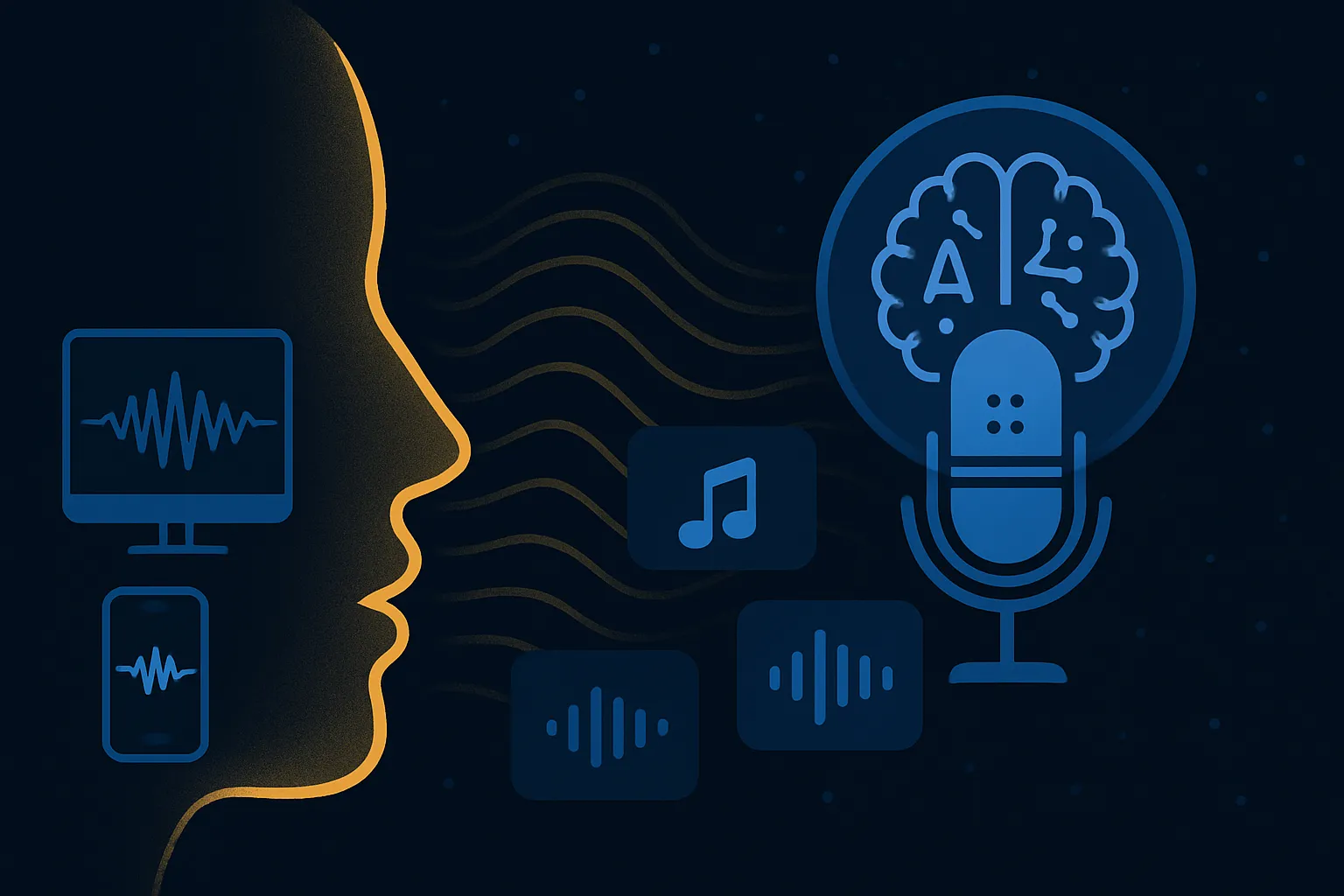Music is one of the most universal and powerful forms of expression. Whether it’s a cheerful song that makes us dance or a relaxing melody that helps us meditate, music has the ability to profoundly influence our emotional and mental state. Numerous scientific studies show that music can have beneficial effects on our health, acting as a true therapy. Specifically, music stimulates the production of dopamine, the neurotransmitter associated with pleasure and reward, which helps improve mood, reduce anxiety, and alleviate stress. In this article, we will explore in detail the benefits of music on mental health, understanding how and why it positively impacts our mind and body.
Music and the Brain: A Chemical Connection
The Role of Dopamine
Dopamine is known as the “happiness neurotransmitter.” It is released in our brain during moments of pleasure and gratification, such as eating our favorite dish, exercising, or listening to music. Listening to music we enjoy activates specific brain areas that release dopamine, making us happier and more motivated. This process is not only linked to immediate pleasure but has lasting effects that can improve the quality of our daily lives. According to recent research, stimulating these brain areas through music can help combat depressive states and enhance our ability to cope with stress.
Music and Neuroplasticity: Creating New Connections
Another fascinating aspect is music’s ability to influence the brain’s neuroplasticity. This term refers to the brain’s ability to reorganize itself and create new neural connections. Regular listening to music can promote this reorganization, enhancing cognitive skills such as memory, attention, and creativity. Additionally, music has been shown to reactivate damaged brain areas, as seen in patients with Alzheimer’s or brain injuries. For this reason, music therapy is successfully used to treat various neurological conditions.
The Benefits of Music on Mental Health
Reducing Anxiety and Stress
One of the most immediate and recognized effects of music is its ability to reduce stress and anxiety. A slow, harmonious, and steady rhythm induces relaxation, slowing down heart and respiratory rates. Music thus becomes a kind of “release valve” for negative emotions, helping us find calm and serenity even on the most challenging days. For this reason, many therapists use music as a relaxation tool in treatments for anxiety and mood disorders.
Boosting Mood and Motivation
Who hasn’t found comfort in a song after a stressful day? Music has the power to uplift our spirits and motivate us. Engaging rhythms and melodies stimulate our energy, improving our mood and making us feel more positive and energized. This effect is also evident in work or study settings, where music can help maintain focus and motivation. Choosing the right music can even enhance the shopping experience.
Promoting Sleep and Deep Relaxation
Certain music genres are specifically designed to promote deep relaxation and help combat sleep disorders. Listening to slow and harmonious music before bedtime can induce a state of mental and physical relaxation, facilitating the transition from light sleep to deep, restorative sleep. In this way, music becomes a tool for improving sleep quality, which is essential for overall health.
How Music Supports Healing and Rehabilitation Processes
Music Therapy in Clinical Treatments
Music therapy is a recognized discipline that uses music to treat various conditions. It is based on the principle that music can act as a form of non-verbal communication, facilitating emotional expression and emotional management. It is used in clinical settings to support the treatment of psychological disorders, as well as physical conditions such as chronic pain or neurodegenerative diseases. Music’s ability to harmoniously influence the mind and body without side effects makes it a valuable and versatile therapeutic tool, increasingly adopted in medical centers, clinics, and hospitals that play background music in their environments.
Support in Therapies for Alzheimer’s and Neurodegenerative Diseases
One of the most fascinating areas of music therapy is its application in treating individuals with neurodegenerative diseases, such as Alzheimer’s. Music can help reactivate memories and sensations, enhancing the quality of life and facilitating communication with those around them. Even in severe cases, the benefits of music on mental health affect patients, stimulating brain areas that other therapies fail to reach.
Why Non-Mainstream Music Is Ideal for Wellbeing
Neutral Music for an Emotion-Free Experience
Not all music is the same. Songs we hear on the radio can trigger memories and past emotions, which are not always positive. For those seeking a neutral listening experience that promotes relaxation and wellbeing without emotional distractions, royalty-free music is an excellent choice. This music is designed to create pleasant and relaxing atmospheres, free from emotional ties, making it perfect for environments that require calm focus, such as wellness centers, offices, and shops.
Your Solution for Quality Music Without Worries
If you’re looking for the perfect music to set the right atmosphere in your store or business, we are here to help. We offer a selection of fully licensed music, providing tailored solutions for every need. Our music is carefully curated to enhance the customer experience without interruption or distraction, fostering a serene and pleasant environment. Thanks to our in-store radio, you can choose from a wide range of tracks and genres, all designed to promote wellbeing and tranquility.
Learn more about us and how we can help transform your space with the right music, creating an experience that will leave your customers smiling.




